Shenzhen, September 11, 2025 – Sanland proudly hosted the 103rd TC6 WG4 Working Group Meeting, organized under the leadership of the China Communications Standards Association (CCSA). The three-day event in Shenzhen brought together 73 representatives from 34 organizations, including the China Academy of Information and Communications Technology, the three major telecom operators, Huawei, ZTE, and Accelink. Participants explored the future direction of the optical communications industry and advanced the standardization process.
As organizer, Sanland placed strong emphasis on planning and service delivery. A dedicated team was set up well in advance to cover agenda design, venue arrangements, technical support, and logistics. During the meeting, Sanland provided on-site coordination and responsive support, earning high praise from participants.
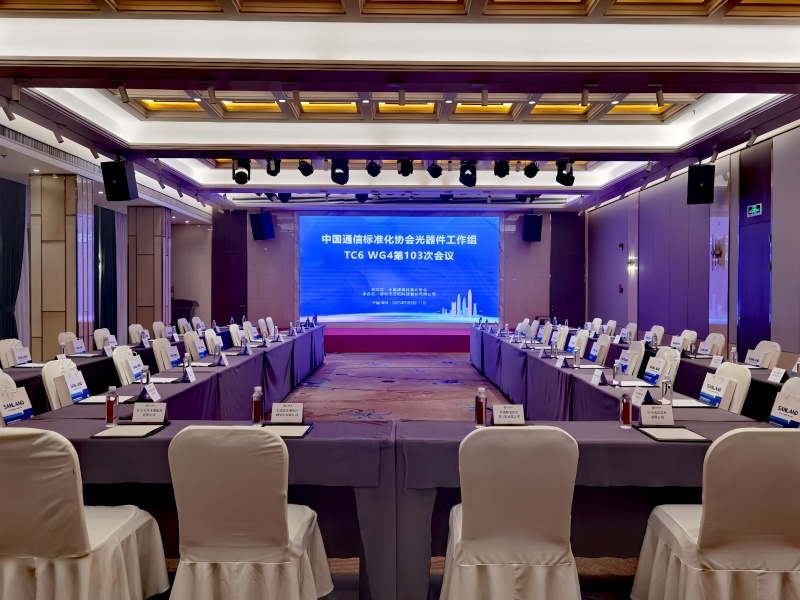
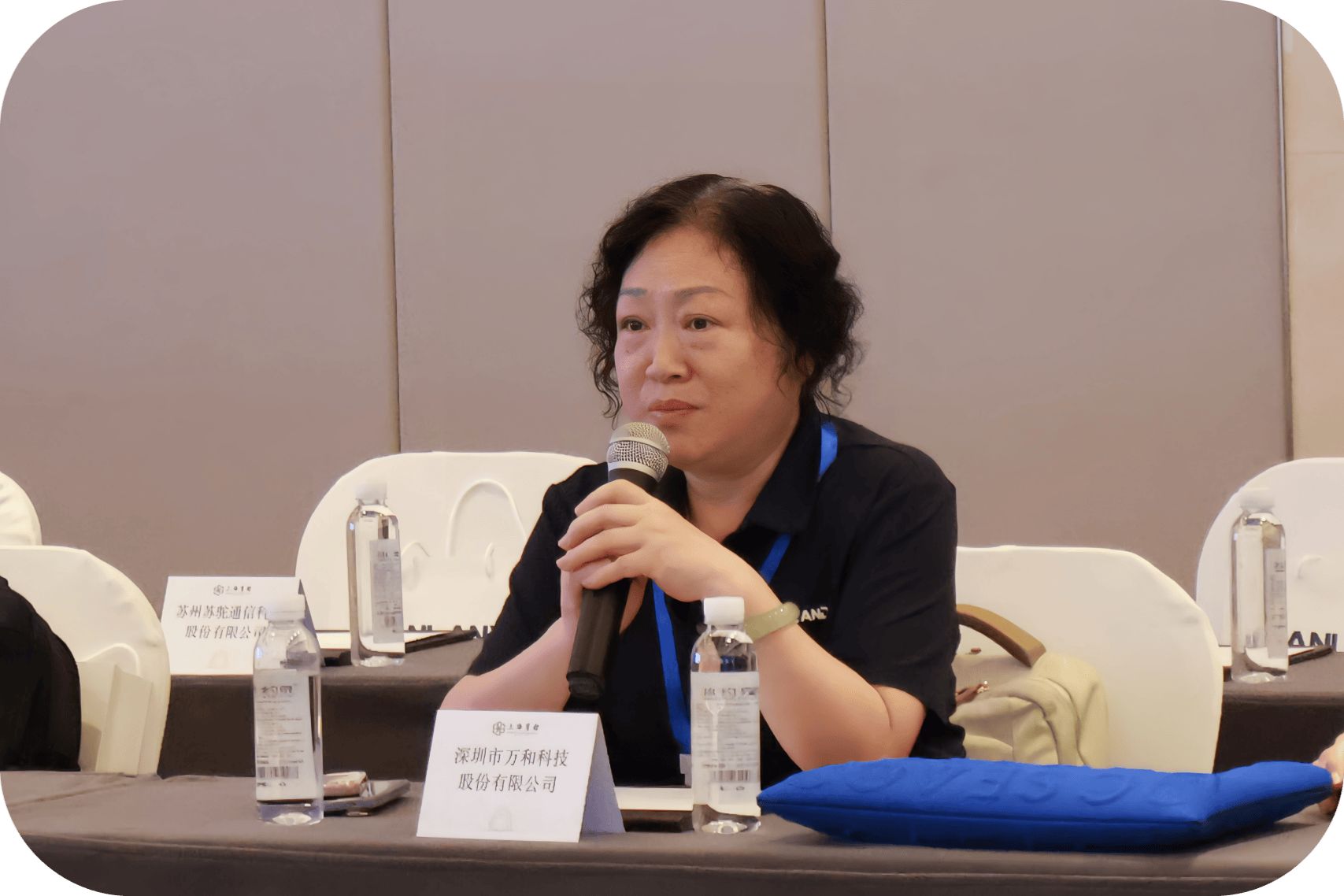
“It is both an honor and a recognition of Sanland’s contribution to host the 103rd TC6 WG4 meeting,” said Ms. Xu, General Manager of Sanland, in her opening remarks. “Standards are the compass that guide innovation and development in optical communications. Sanland has been deeply engaged in this field for many years, and we will continue to invest in R&D and standardization, working closely with our partners to support the high-quality growth of China’s optical communications industry.”
Building Consensus and Driving Progress
At the opening ceremony, the TC6 WG4 Chair acknowledged the importance of the meeting and Sanland’s role in enabling it: “The optical communications industry is evolving rapidly. The review of 11 standards and the discussion on space optical communications at this meeting address both immediate cost-efficiency needs and long-term innovation. We are grateful to Sanland for their excellent support and look forward to working together to strengthen the standards system.”
The Vice-Chair added: “We ask all drafting organizations to finalize the 9 drafts that passed review and refine the 2 drafts currently open for feedback. The consensus reached in the space optical communication discussion will also feed into future pre-research, ensuring that our standards deliver tangible value for the industry.”
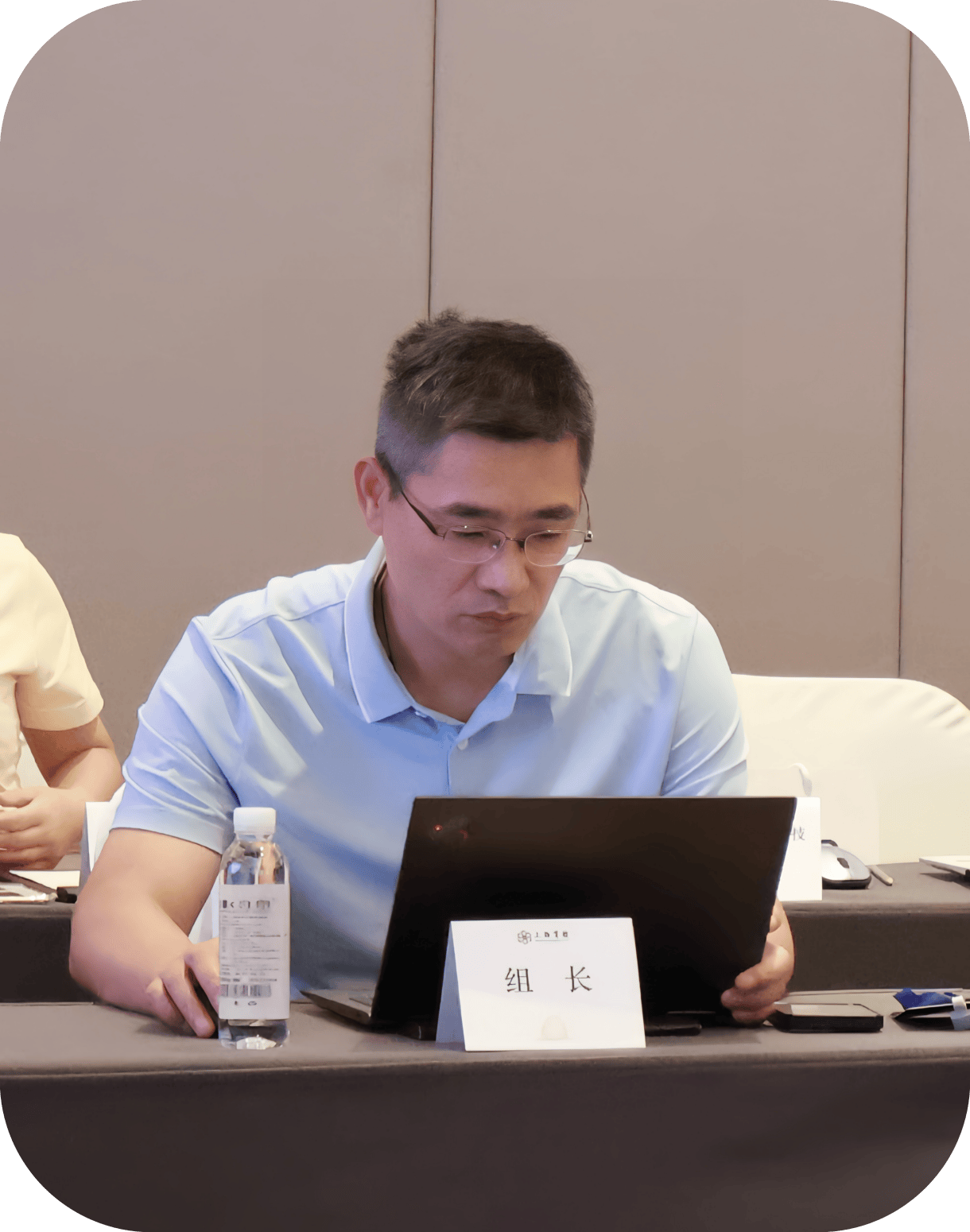
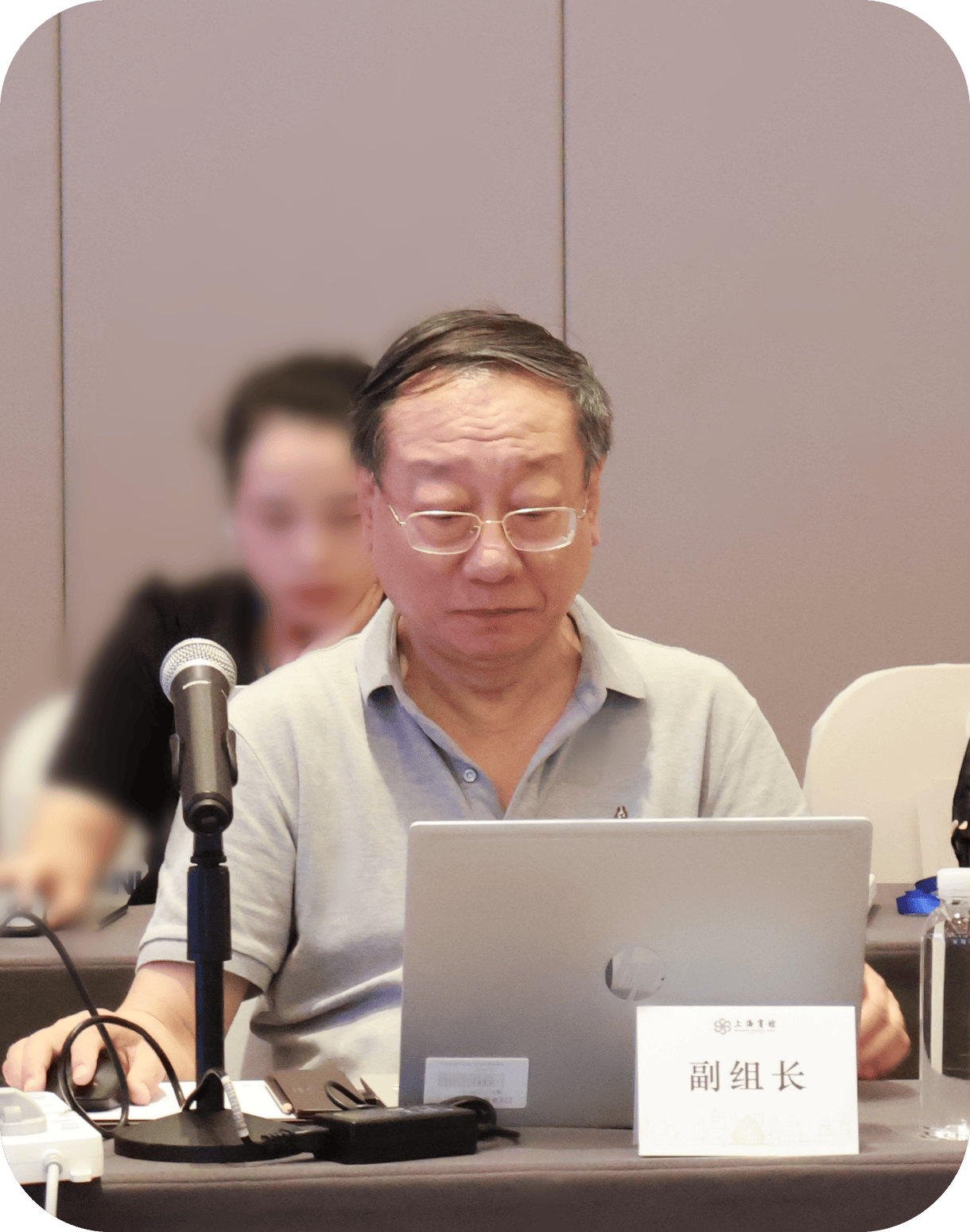
Key Outcomes and Industry Directions
Over the course of three days, participants reviewed 11 draft standards covering technologies such as AWGR, 100Gb/s AOC, 200Gb/s, 800Gb/s, 1.2Tb/s coherent modulators, FTTR modules, and xPON modules. Nine drafts were approved for submission, while two were left open for further feedback. Several standards, including “External Optical Source Modules for Optical Hybrid Packaging” and “Integrated Tunable Laser Assembly Part 4: Miniaturized Components”, welcomed new drafting members, strengthening inclusiveness and authority.
These standards address critical areas such as planar lightwave circuit devices, active optical cable modules, and metro network modules. They not only close domestic technology gaps but also align with international standards, providing clear guidance for R&D, manufacturing, and application.
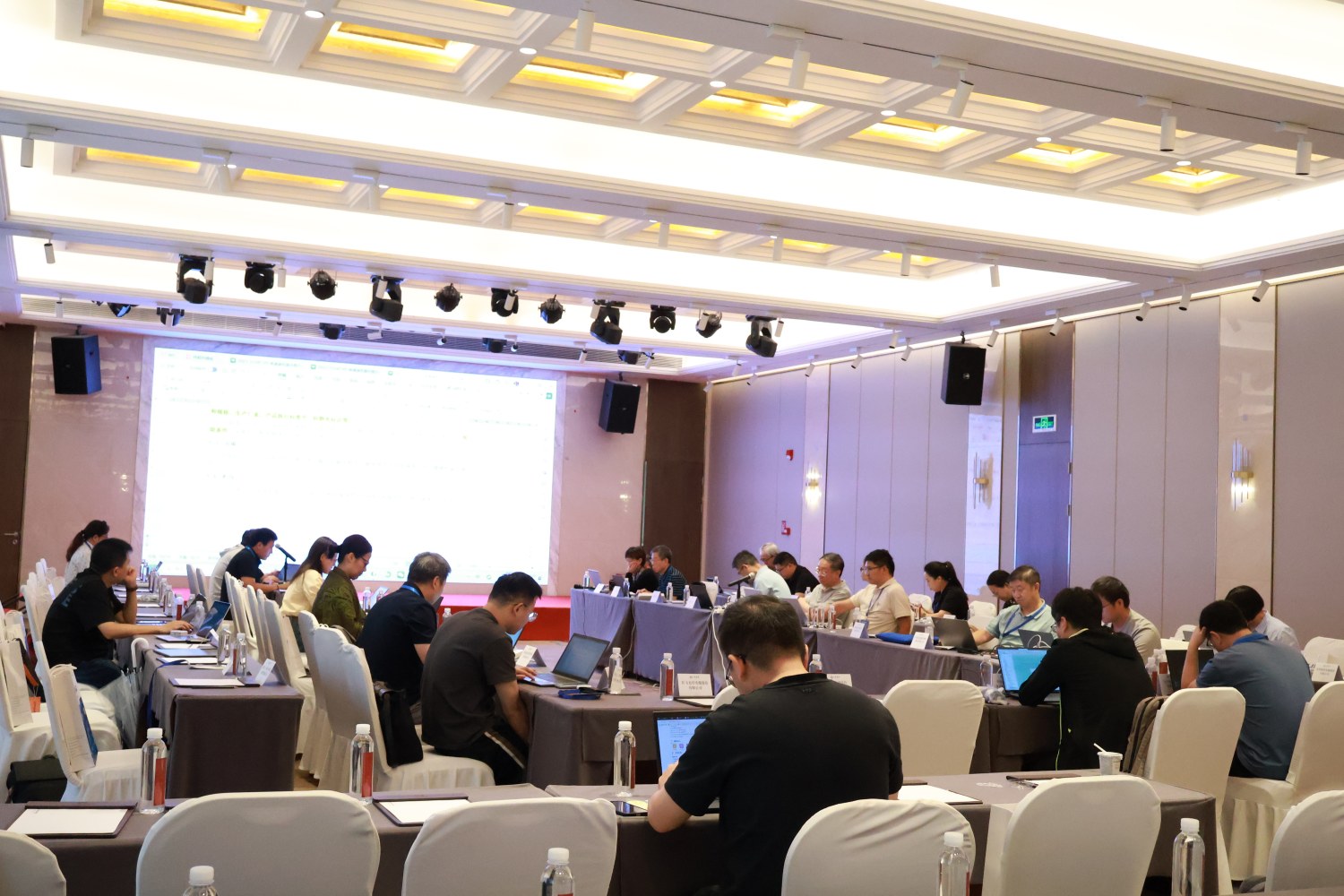
A highlight of the meeting was a brainstorming session on space optical communication components, where experts from the China Academy of Space Technology, Aerospace Stars, ZTE, Huawei, and others shared insights on narrow-linewidth lasers, high-reliability optical components, and technical bottlenecks. Consensus emerged that space optical communications will be a key growth driver for the industry, and that standardization of core components must accelerate to enable large-scale development.
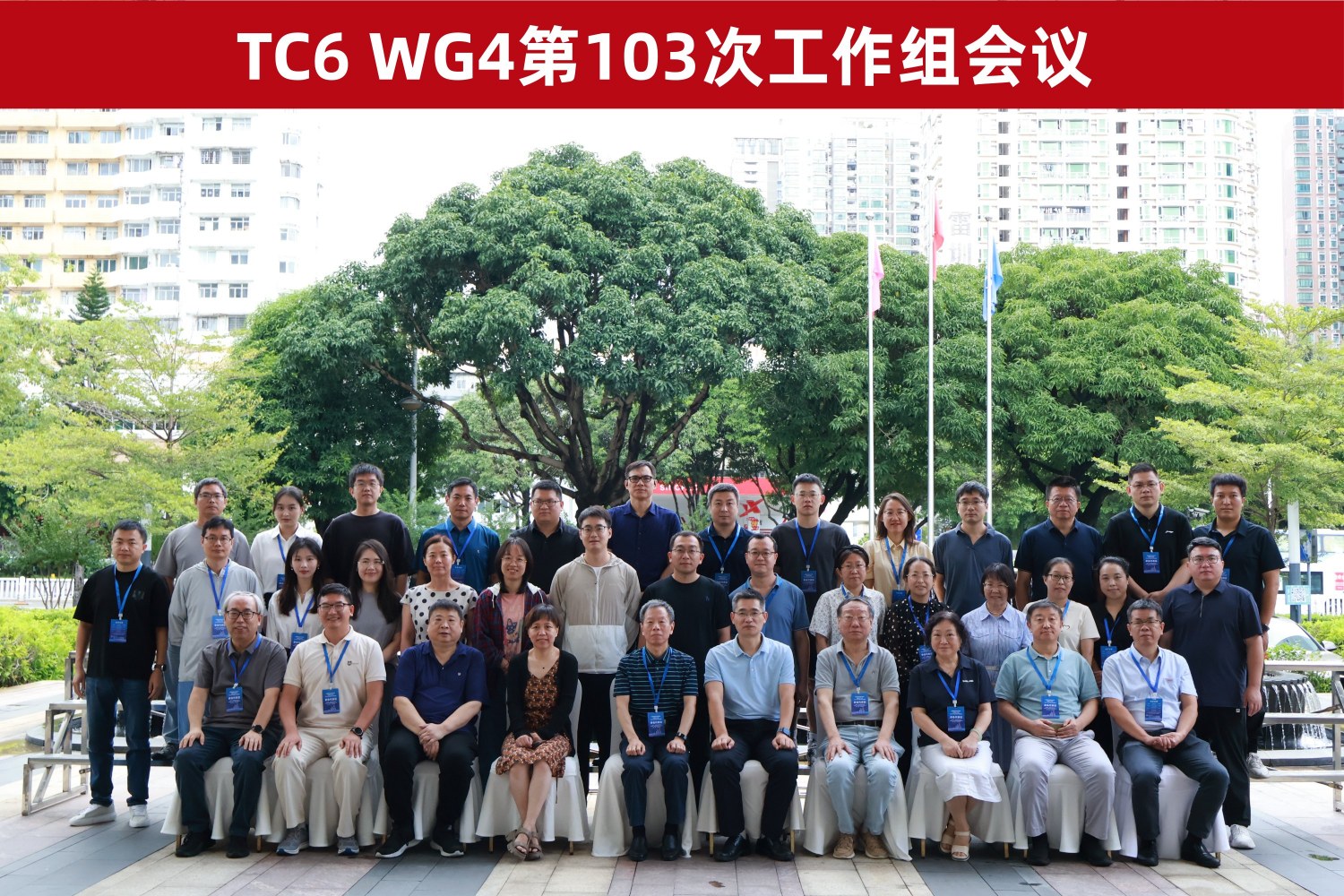
Sanland’s Ongoing Commitment
Looking ahead, Sanland will continue to play a dual role as both organizer and active participant in standardization and technological innovation. The company plans to increase investment in high-speed optical devices, strengthen compatibility with standards, and explore innovative low-power solutions. Outcomes from the meeting will be quickly translated into products and services, reinforcing Sanland’s commitment to innovation-driven growth.
The 103rd TC6 WG4 meeting was more than a review of standards—it was a reaffirmation of industry consensus and a launchpad for the future of optical communications. By hosting the event, Sanland provided a platform where standards, innovation, theory, and practice converge. With the guidance of standards, the momentum of technology, and the dedication of enterprises, China’s optical device industry is poised to advance faster, stronger, and further.
